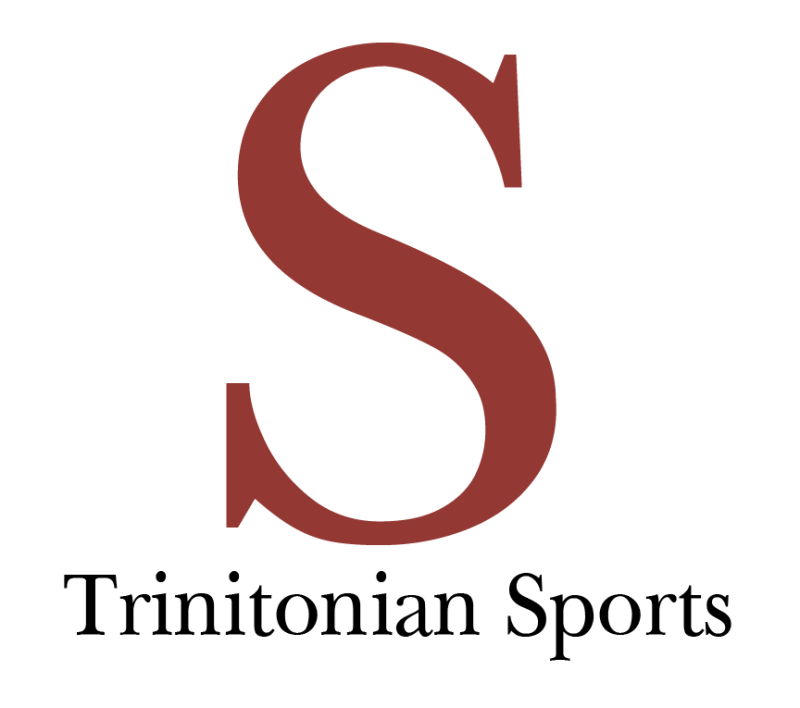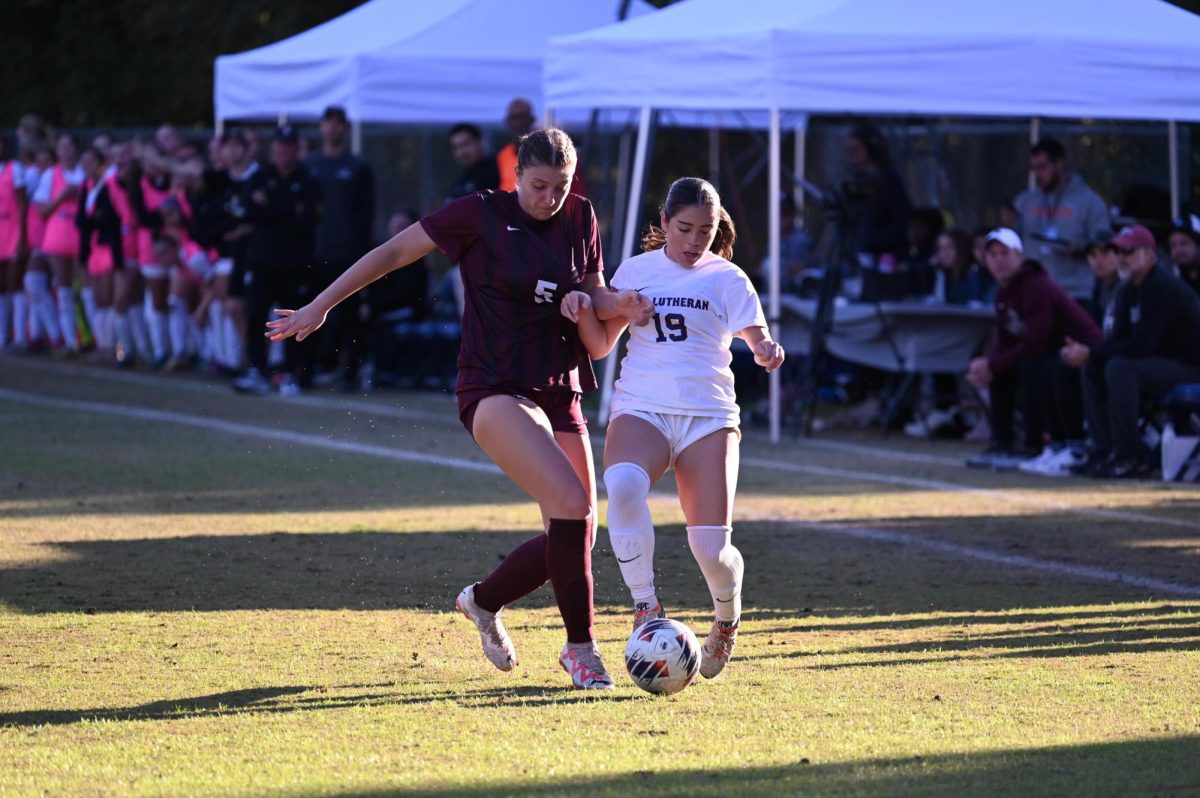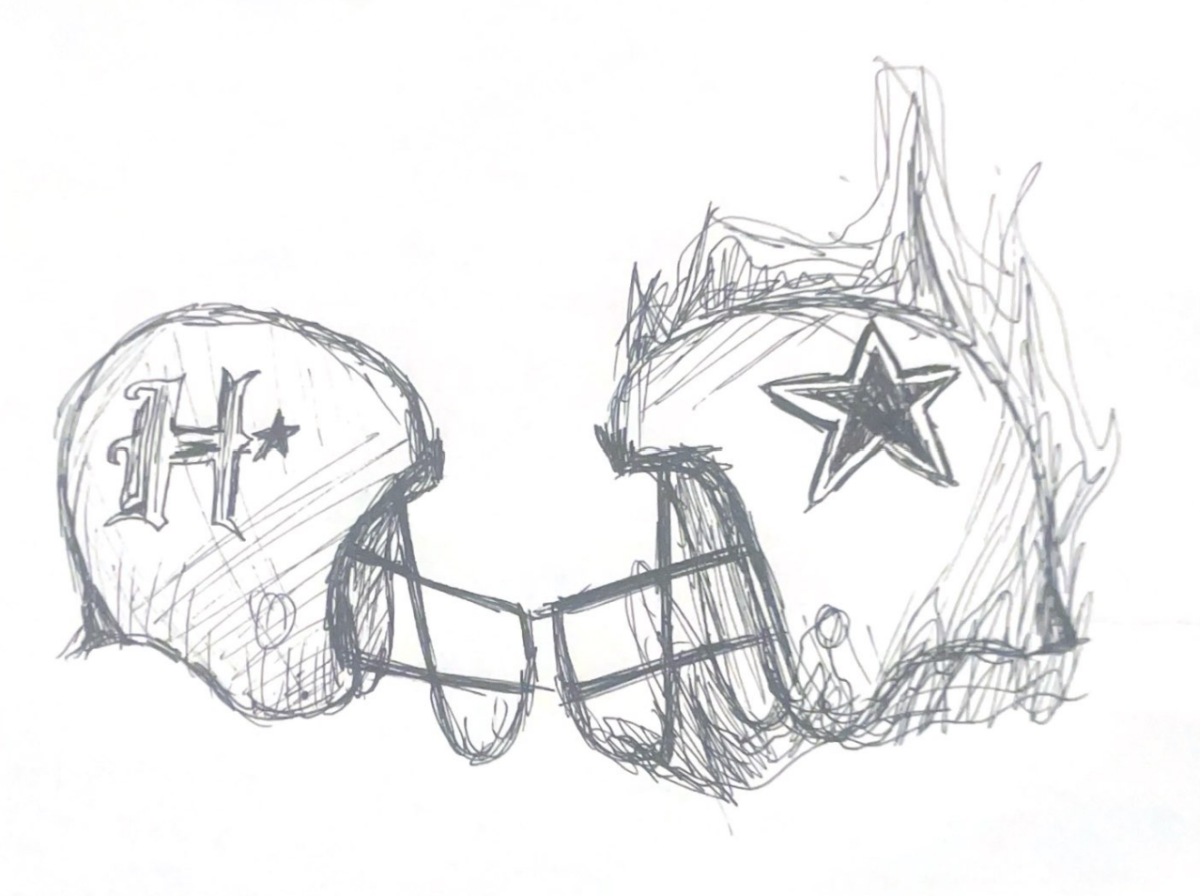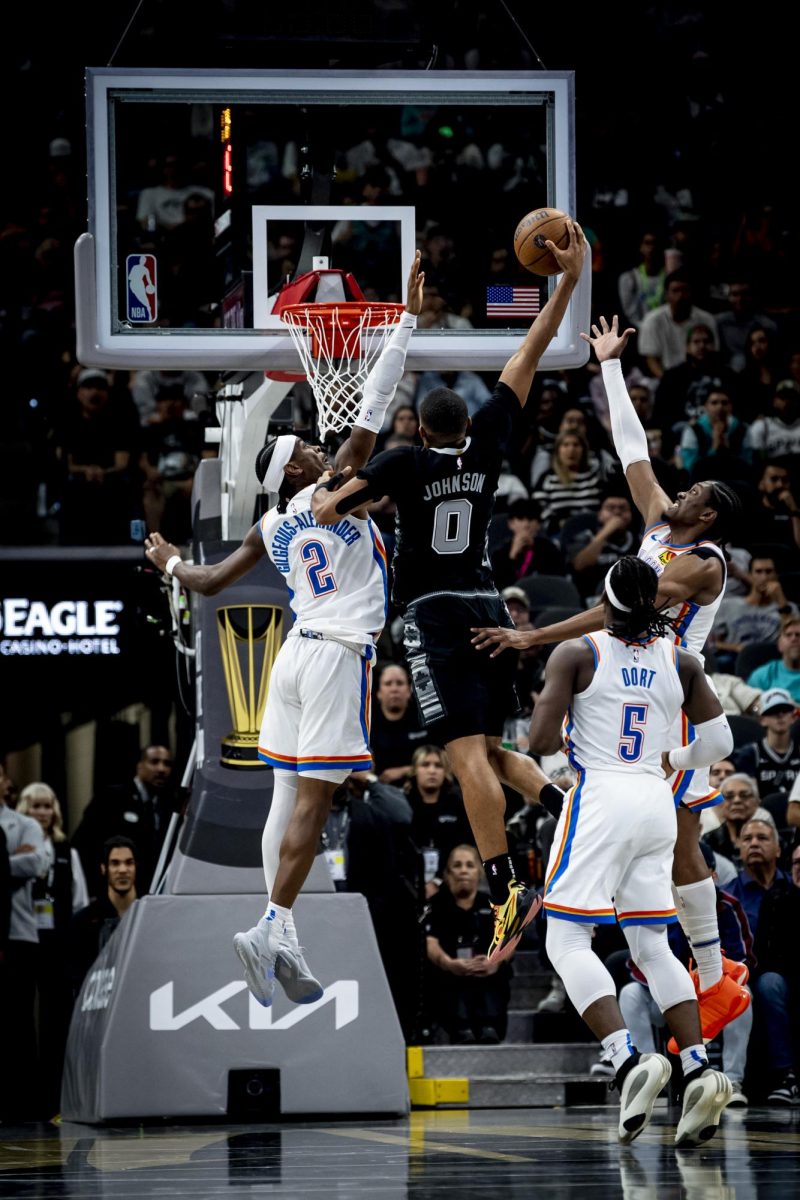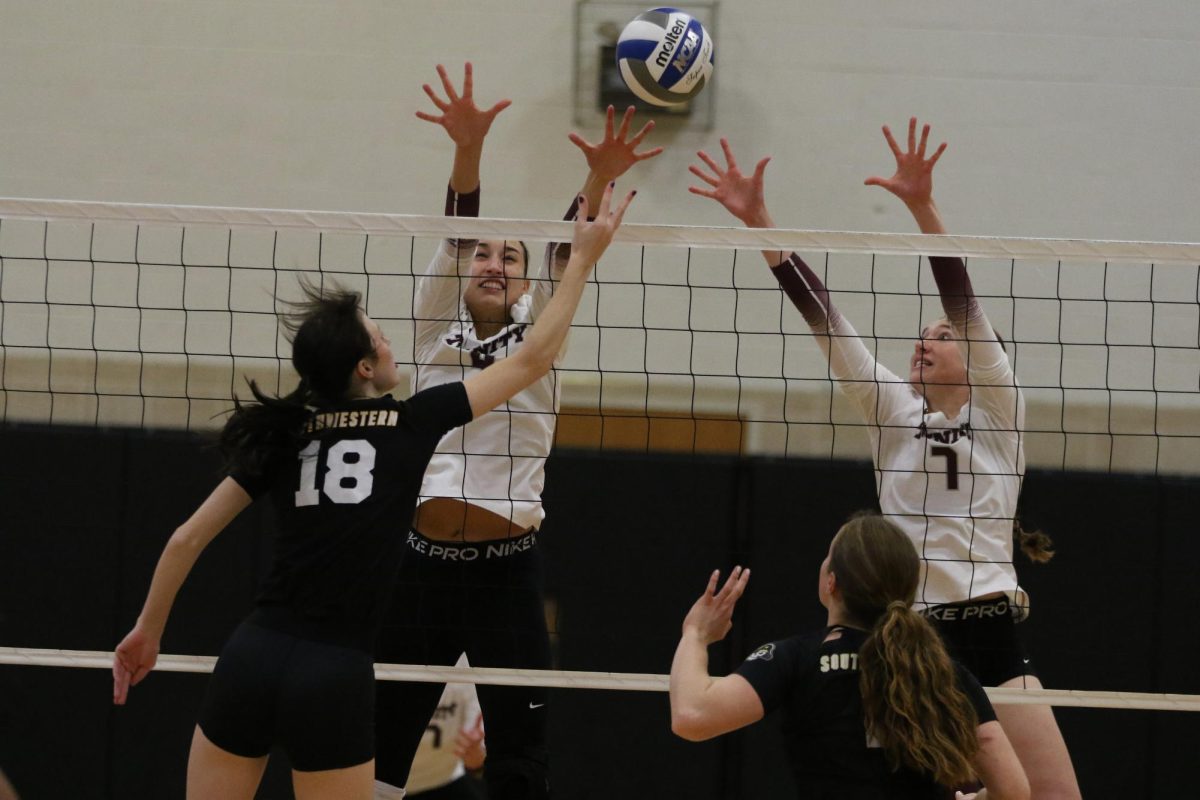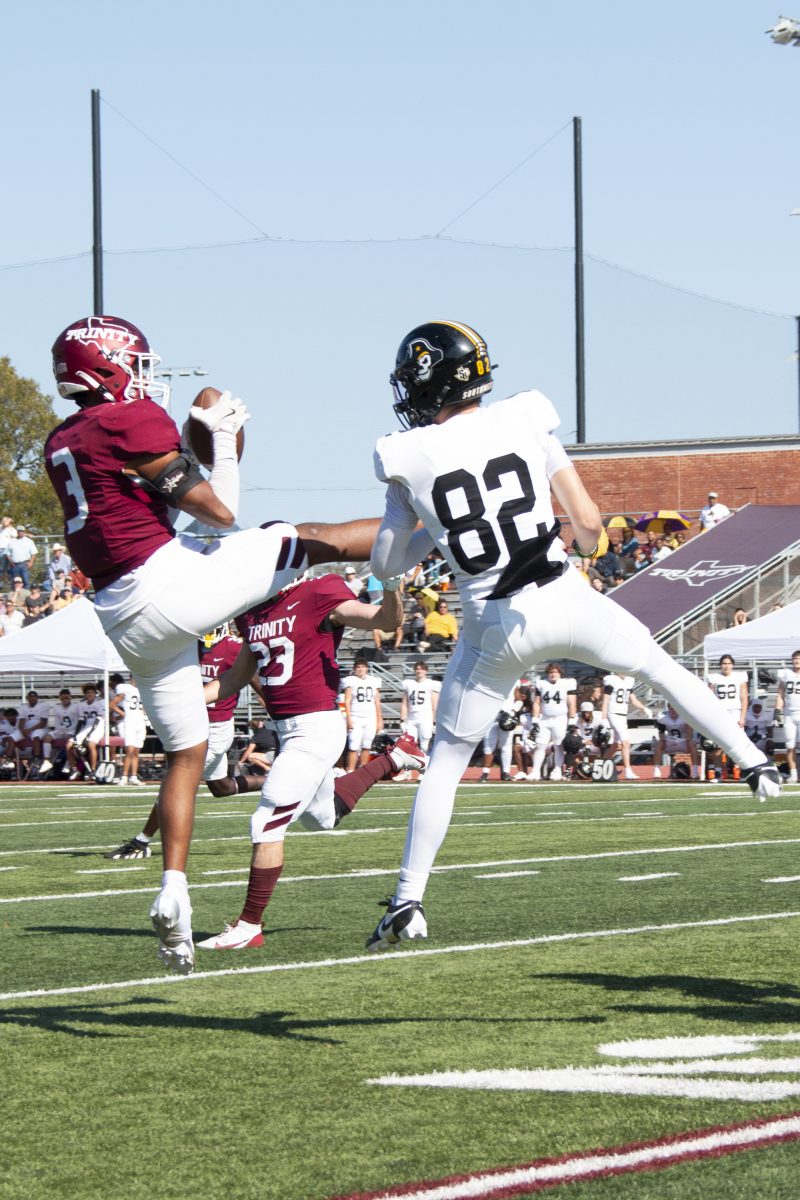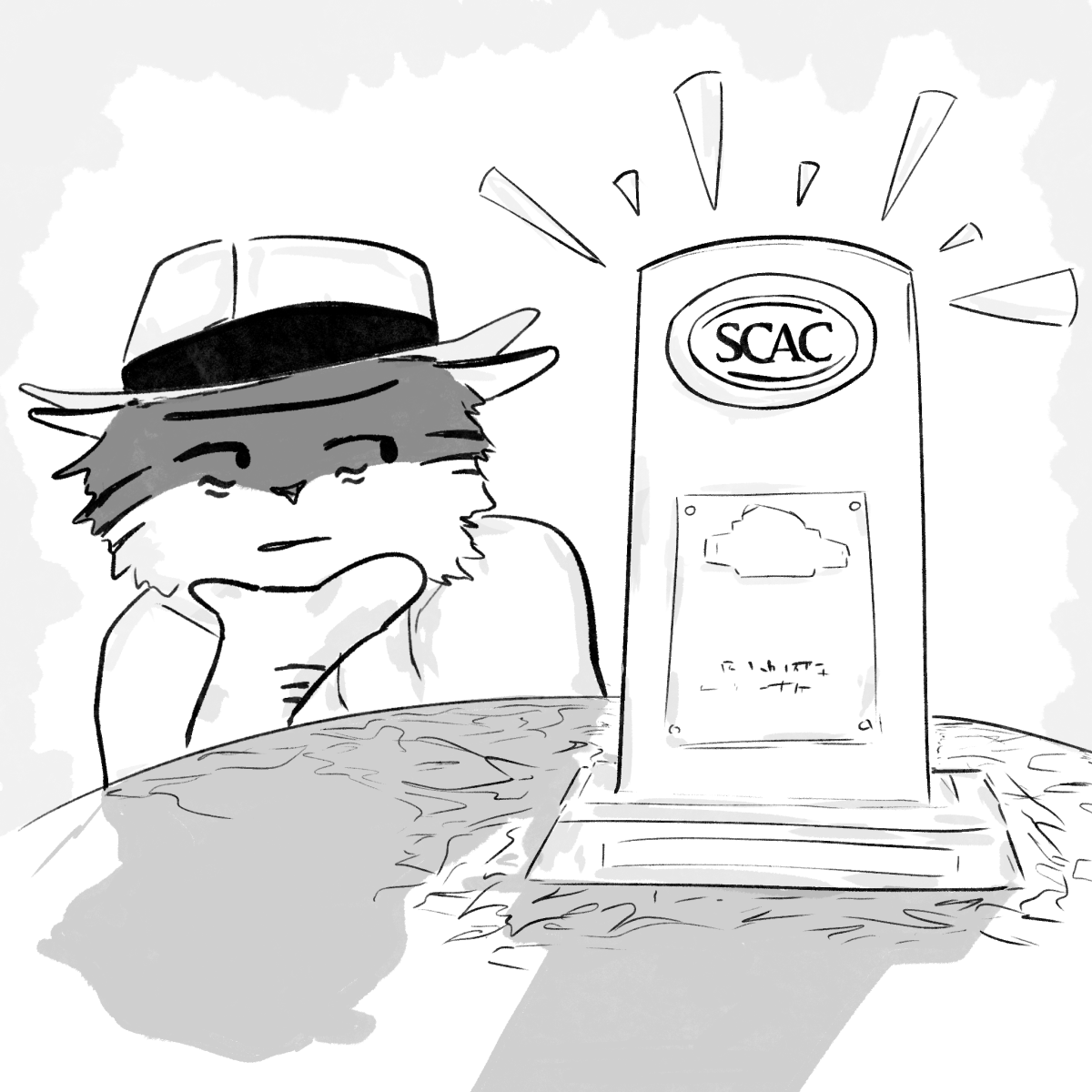Every year, the United States Olympic Committee (USOC) hosts the Finding Leaders Among Minorities Everywhere (FLAME) program for college and graduate-level individuals interested in behind-the-scenes goings-on of the United States Olympic Committee. The program aims to increase awareness of the U.S. Olympics and Paralympics as well as increase diversity and inclusion.
The eight-day program at the USOC’s headquarters in Colorado Springs, Colorado immerses young men and women. There, they learn about social and business elements of the sports industry.
Participants get to take part in Paralympic events to better understand how disability can shape a person’s life.
Trinity has a long history of working with the United States Olympic Committee and the FLAME program. Terris Tiller, class of 2000, serves as the USOC’s Athlete Career Coach.
“Trinity alumnus Terris Tiller reached out early in 2011, after our sport management was about a year old, and we had a long conversation about the FLAME program and its mission. “¦ In five years, Trinity has sent 10 students through the program. All of them came back and made significant contributions to the sport management program and their teams and campus organizations,” said Jacob Tingle, director of the office of experiential learning and chair of the sport management minor.
The sport management minor has benefited from students entering the FLAME program. The first Trinity student to participate was Brianna Tammaro, alumna class of 2013. Tammaro is now the Paralympic Communications Coordinator at the USOC. After Tammaro, Brooke Sanchez, class of 2014, took part in the program; most recently, Christian Tovar-Vargas and Julian Turner participated this past summer.
“Our students participation in the FLAME program has been amazing for the growth and development of our program. Our aim is to graduate students who think critically about their engagement with the sport enterprise. Getting an opportunity to interact with Olympic staff, either in Colorado Springs or in our classes during visits, has been eye-opening for students. “¦ The FLAME participants have completed internships with the San Antonio Scorpions, San Antonio Sports, Spurs Sports and Entertainment, and the Golden State Warriors,” Tingle said.
Turner, a junior, had a positive experience in Colorado Springs. The people taking part in the program really contributed to his time there.
“My favorite thing about my time there was all of the people I met. From the other students to the great speakers, everyone was inviting and I learned a lot from all of them,” Turner said.
When asked about the workshops, Turner noted a common thread among their messages.
“A recurring lesson from the industry leaders was to get involved with things that you are interested in, whether it be professional or personal and to just be genuine,” Turner said. “All of the leaders were well organized and sociable.”
This year participation is expanding. Simran Singh, professor of religion, and his brother Darsh Singh are giving a talk to program participants. Simran believes he and his brother can communicate their experiences to participants to convey the message of building community.
During the interview, Simran explained that sports could be used to bring people together. He believes the three brothers were immersed into American culture and were shaped ““ for the better ““ by sports.
“Anything in this world can be leveraged for good or taken to extreme negativity. [Sports has provided some of the] most powerful moments of unity and positivity,” Simran said.
Turner also believes sport can be a conduit for creating change and increasing diversity.
“Sport is a good conduit because it allows people from different backgrounds and ambitions to work together toward a similar goal. It is good to get different outlooks on the world around us,” Turner said.
Tingle provided an interesting take on the matter:
“The fact that three of the Trinity FLAME graduates are working in the sports industry or completing a Master’s degree in sport management is a good indication that the USOC’s leadership development program is working. “¦ We see many examples of sport being on the forefront of social change (Jackie Robinson, Muhammad Ali, Curt Flood, Tommie, Smith and John Carlos, Billie Jean King), but leadership in sport organizations continue to be a Caucasian, male, straight-dominated world.”
Simran noted that the pervasive nature of racism in society demands a response by privileged and marginalized communities alike.
“The fact of the matter is that racism still exists in society. Instances of negativity should be seen as opportunities for growth. It’s not about lifting up a [particular] community, it’s about how we conceive of [them] as people,” Simran said.

